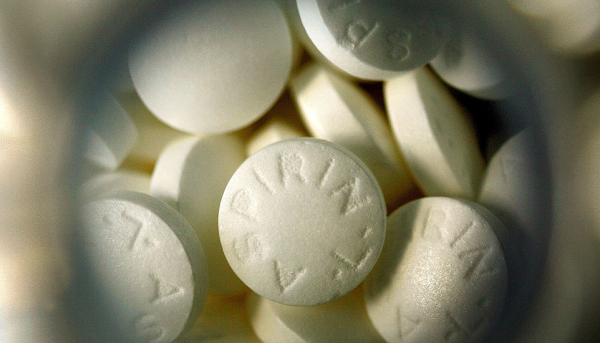What Is The Office Of National Drug Control Policy? Trump Might Cut Program Despite Ongoing Opioid Crisis

President Donald Trump promised to crack down on the flow of drugs coming in and out of the United States during his campaign, and he recently vowed to “stop those drugs from poisoning our youth, from poisoning our people,” while addressing members of the Major Cities Chiefs Association in early February.
However, a White House office that issues grants used to help fund drug use and drug trafficking reduction is reportedly on the Trump administration’s list of domestic programs in jeopardy of being eliminated, the New York Times reported Friday.
More than 70 medical and drug policy organizations sent a letter to Budget Director Mick Mulvaney, which was obtained by CBS News Thursday, pleading for the Office of National Drug Control Policy to be removed from the OMB’s list of candidates at risk of being axed. The group, which includes members from organizations like Addiction Policy Forum, Smart Approaches to Marijuana and John Hopkins Bloomberg School of Public Health, referenced the opioid epidemic sweeping the nation, which has led to the deaths of more than 165,000 people since 1999, roughly 33,000 of whom died in 2015.
“At a time when drugs now kill more people than firearms or car crashes, it is more important than ever for [the office] to remain a strong voice in the White House and a visible presence nationally,” the letter reads.
Trump’s White House budget office drafted a list of government programs that could be abolished to cut domestic spending, and the anti-drug office is just one of nine departments that could be on the chopping block. The office was created in 1989 in response to the Anti-Drug Abuse Act of 1988 and basically establishes policies to control the use, manufacturing and trafficking of illicit substances in the U.S. The office also provides funding and guidelines to local, state and federal governments for drug enforcement groups and drug-related programs.
In a statement to CBS, a White House spokesperson said it was much too soon to know if the office would be affected by the budget cuts.
“The budget process is a complex one with many moving parts,” the statement reads. “It would be premature for us to comment — or anyone to report — on any aspect of this ever-changing, internal discussion before the publication of the document. The president and his Cabinet are working collaboratively to create a leaner, more efficient government that does more with less of taxpayers’ hard-earned dollars.”
Since Trump took office, though, the office's page on the White House website has been wiped clean.
During his campaign in October, Trump said he would tackle the country’s drug problem, starting with increasing mandatory minimum prison sentences for drug offenders and by beefing up the prosecution of drug traffickers. The president also said he would crack down on “shipping loopholes” that allow countries like China allegedly to transport drugs to the U.S. by mail.
© Copyright IBTimes 2025. All rights reserved.






















